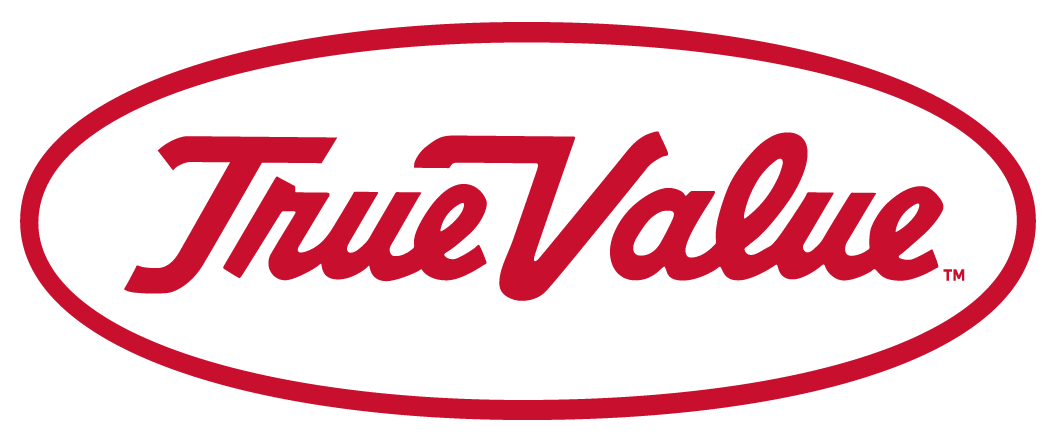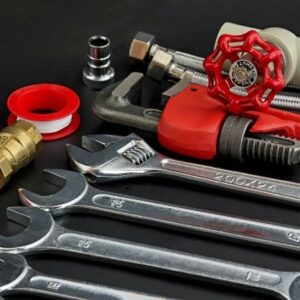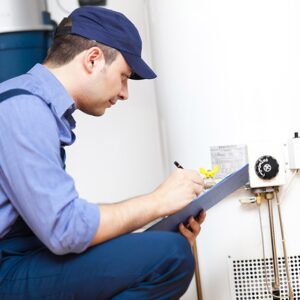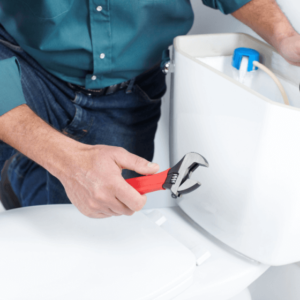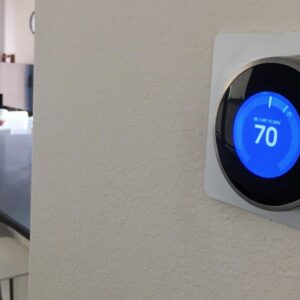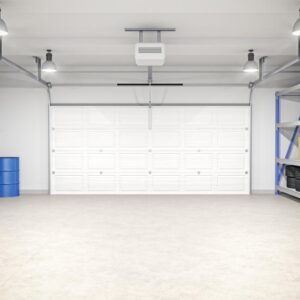What is the best type of generator? What do generators run on? These are common questions buyers ask before purchasing a generator. There are different types of generators, and not all are ideal for the same situation. To find the right one, you must first identify your needs. Consider your source of power, cost, and other factors. Whether you need a generator for camping, a backup power source, or something else, there are several options. This guide covers them and answers some common questions about types of generators.
What Are DC Generators and AC Generators?
DC generators are devices that turn energy into DC electricity, and AC generators are ones that turn it into AC electricity. AC electricity has an alternating current, which means it sometimes changes direction. However, DC electricity has a direct current that does not change direction. Typically, the construction of an AC generator is simpler than that of a DC generator. AC generators are more suitable for powering appliances and electrical items in a home. DC generators are better for powering larger motors. Also, some people use them to charge battery systems for off-grid living.
Common Types of Generators
So, what are the different types of generators? Are all generators gas-powered? No, they are not. Generators come in several different forms. These are some common types of generators based on design and fuel source:
- Portable
- Whole-house
- Standby
- Inverter
- Battery bank
- Hydrogen
- Diesel
- Natural gas
- Solar
- Gasoline
- Wind
Portable generators may be designed to produce AC or DC currents. Most people who buy generators purchase portable ones for their convenience. As their name implies, these generators are easy to transport. While some are fueled by gasoline, others are powered by different energy sources. Today, there are plenty of options for size and type.
A whole-house generator is designed to provide power to the entire house for a prolonged period. How long they provide energy depends on several factors. They are ideal if you have extra freezers to store food or critical medical equipment that uses electricity. When the power goes out, the right-sized generator will keep these important things functioning.
Standby generators are like whole-house generators. Unlike portable generators, they are permanently installed. These generators are designed to provide prolonged power, and there are also larger-scale standby generators for commercial buildings.
An inverter generator may be portable or a whole-house unit. It produces AC and DC energy in three phases in a way that produces cleaner or stabler energy.
Battery banks may also be called electric generators. This may sound confusing since the purpose is to create electricity. Think of them as rechargeable batteries, and most are for smaller-scale use. Some can be charged via electricity, car outlets, or solar panels. Designs vary depending on the manufacturers.
Hydrogen generators are newer. Powered by hydrogen, they have a higher energy output. Also, they are known for durability. Some people prefer diesel generators since diesel fuel has a long shelf life. Also, diesel is less flammable than some other fuel sources.
Natural gas generators may be portable or standby units. They may not be ideal in extreme cold. However, in other climates, they tend to be durable and have a lower emission rate.
Solar generators are more common for camping and RV trips. These generators use solar panels to store energy from the sun for immediate or later use. If you are looking for a generator that does not use fuel, this is a good option.
Gasoline generators are common types of generators for homes. They are also common types of portable generators. Gasoline generators are practical and inexpensive, and they are ideal for people who use them infrequently.
Wind generators are less common. They may be used for RVs or other applications, and some people use them as whole-house power systems. Wind generators rely on wind turbines and require ample wind to work.
Types of DC Generators
What are the types of generators that produce DC energy? They are divided into three main categories based on methods of field excitation.
Separately Excited DC Generators
These generators are powered by an external DC source that is independent. For example, a battery may be used. How much power they put out depends on field current and armature rotation speed. Faster speed and greater field current mean more energy.
Self-Excited DC Generators
In this design, the generator’s winding is powered by the unit itself. Self-excited generators may be classified as compound, shunt, or series in design. Series generators are used for special applications. An example of a shunt generator is a wind energy conversion system. Compound generators are useful for lighting and general or heavy power supply.
Permanent Magnet DC Generators
This design is similar to that of a self-excited shunt generator. However, it has permanent magnets added. You may see it in a small wind turbine.
Types of AC Generators
AC generators have stationary wire coils with rotating magnets inside. The resulting magnetic field they create produces energy. There are two main types of AC generators.
Single-Phase AC Generators
These generators convert power into one-phase electricity with electromagnetic induction. They are made from an armature winding, a magnetic field system, one armature core, and a yoke. Single-phase AC generators produce a single up-and-down cycle. Many residential backup generators are single-phase units.
Three-Phase AC Generator
Three-phase AC generators differ from single-phase generators mainly in the number of armatures. Unlike the one armature of the single-phase unit, a three-phase unit has three armatures. It produces three simultaneous up-and-down cycles. Generators for small businesses or commercial buildings may be three-phase units.
AC Generators Based on Speed
Although they are single-phase or three-phase units, AC generators may also be classified by speed. The smooth cylindrical type is used at speeds between 125 and 500 RPM. The second type is the salient pole type. This type is used at speeds between 150 and 300 RPM.
Frequently Asked Questions
When people compare types of generators for home use, they often have questions. What are the benefits of gas vs. electric generators? What are the types of home generators? Now that you have a better understanding of those points, these are a few more important questions to consider.
What Type of Generator Can Power a House?
With enough power, most types of generators listed earlier can power a house. However, some may not produce ample power for a person’s needs. The key is to choose a generator with the right wattage. Think about all the appliances you need to use. Figure out their individual wattage, and add those numbers to determine the generator wattage you need. That is the wattage to operate them, called running wattage. You also need to add about 1,000 to 2,000 watts to that total to cover the initial energy surge.
What Type of Generator Is Most Efficient?
There is no simple answer to this. Diesel generators tend to be more efficient than gasoline or natural gas generators. However, there are other efficient generators as well, and diesel units are not ideal for all applications. Other efficiency considerations are the size of a building and its wattage needs. If you have a generator that is too powerful, you may unnecessarily burn extra fuel.
What Type of Generator Is Best for Home Use?
In most cases, a whole-house generator is the right choice to power a home. The ideal fuel source may depend on several factors. For example, do you live in a fire-prone area? If so, a gasoline generator may not be ideal. Remember that diesel is less flammable. Always consider the pros and cons of each option before you buy your generator.
If you are ready to look at generators, head to your nearest True Value store to compare your options.
